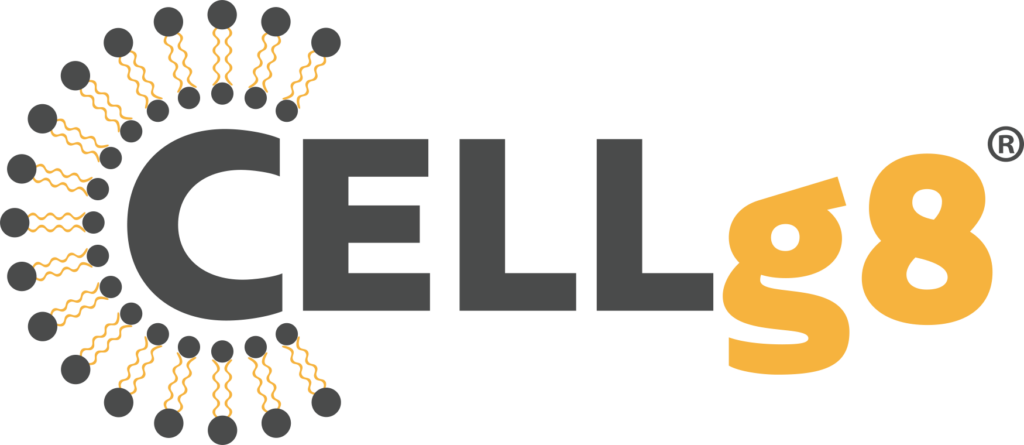Ashwagandha (Withania somnifera), also known as Indian Ginseng, is an herb that has been used in traditional Indian Ayurvedic medicine for centuries. Several scientific studies suggest a variety of health benefits of Ashwagandha, including sleep, stress/adrenal health, libido, and mood.
One of the key benefits of ashwagandha is its ability to help regulate cortisol levels. Prolonged exposure to high levels of cortisol, which is released by the adrenals in response to stress, can have negative effects on the body, including insulin resistance, weight gain, and decreased immune response. A 2019 study found that supplementation with Ashwagandha root extract for eight weeks significantly reduced cortisol levels in participants, compared to placebo (1).
In addition to its effects on cortisol levels, Ashwagandha has also been shown to support mood and occasional anxiety. A randomized, double-blind, placebo-controlled study published in the Indian Journal of Psychological Medicine found that participants who received ashwagandha root extract for 60 days experienced a significant reduction in occasional anxiety compared to those who received placebo (2).
Studies on Ashwagandha’s ability to enhance sleep show positive results. In an 80-person, placebo-controlled, 8-week study in which participants took 300 mg of an Ashwagandha extract or a placebo, significantly improved sleep onset and sleep quality was seen in the active group, compared to placebo (3). Another study, published in the journal Cureus, studied the use of 300 mg Ashwagandha extract nightly versus placebo for six weeks in 50 healthy individuals with insomnia. The Ashwagandha group had significantly better sleep quality than the placebo group (4).
Another traditional use of Ashwagandha is for female libido support. Clinical research bears this out, as a 50-women, 8-week trial using 300 mg of an Ashwagandha extract twice daily showed significant improvements in sexual function, arousal, orgasm, and sexual satisfaction, compared to placebo (5).
Ashwagandha has also been found to have neuroprotective and cognitive enhancing effects. An 8-week, placebo-controlled study of 50 individuals found that supplementation with ashwagandha root extract improved cognitive function, demonstrated by enhanced memory and information processing speed (6).
In conclusion, ashwagandha has a number of potential health benefits, including assisting in stress adaptation, supporting sleep, enhancing cognitive function, and optimizing libido. The cited studies show efficacy for a variety of clinically significant uses. A dosage of 300 mg 1-2 times daily appears to be a clinically effective amount for supplementation.
References:
- Lopresti AL, Smith SJ, Malvi H, Kodgule R. An investigation into the stress-relieving and pharmacological actions of an ashwagandha (Withania somnifera) extract: A randomized, double-blind, placebo-controlled study. Medicine (Baltimore). 2019;98(37):e17186.
- Chandrasekhar, K., Kapoor, J., Anishetty, S. A prospective, randomized double-blind, placebo-controlled study of safety and efficacy of a high-concentration full-spectrum extract of Ashwagandha root in reducing stress and anxiety in adults. Indian J Psychol Med;2102; 34(3): 255–262.
- Langade D, Thakare V, Kanchi S, Kelgane S. Clinical evaluation of the pharmacological impact of ashwagandha root extract on sleep in healthy volunteers and insomnia patients: A double-blind, randomized, parallel-group, placebo-controlled study. J Ethnopharmacol. 2021;264:113276
- Langade D, Kanchi S, Salve J, et al. Efficacy and Safety of Ashwagandha (Withania somnifera) Root Extract in Insomnia and Anxiety: A Double-blind, Randomized, Placebo-controlled Study. Cureus. 2019;28;11(9):e5797.
- Dongre S, Langade D, Bhattacharyya S. Efficacy and Safety of Ashwagandha (Withania somnifera) Root Extract in Improving Sexual Function in Women: A Pilot Study. Biomed Res Int. 2015;2015:284154.
- Choudhary, D, Bhattacharyya, S, Bose, S. Efficacy and Safety of Ashwagandha (Withania somnifera) Root Extract in Improving Memory and Cognitive Functions. J Dietary Supplements. 2017;14(6): 599–612.







